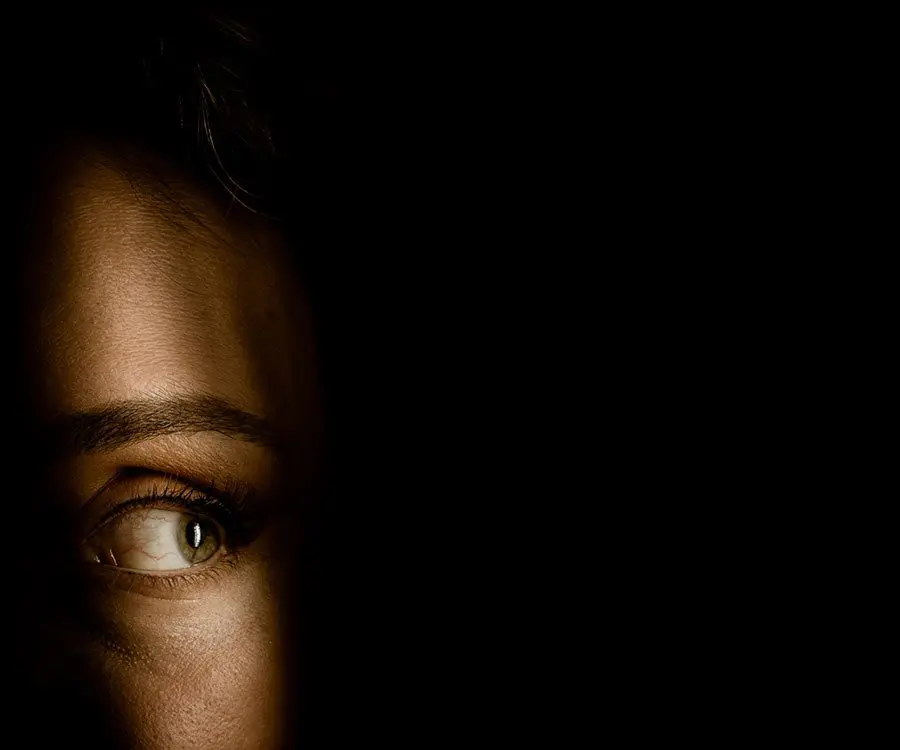
- Your Questions Answered

- News
How Long Does Laser Eye Surgery Last?
As vision correction specialists, one of the most common questions we get asked is – how long does laser eye surgery last?
We understand that undergoing surgical procedures of any kind is a daunting prospect, none more so than those involving your vision.
But we’re here to put your mind at ease about laser eye surgery which is one of the most common vision correction procedures we perform at our world-class Laser Vision clinics.
It’s estimated that every year, more than 100,000 people in the UK have LASIK surgery. For the vast majority of these patients, LASIK enhancement surgery provides life-long better vision.
So, is laser eye surgery permanent?
The answer to how long laser eye surgery lasts is quite straightforward – for most patients, this procedure offers permanent vision correction.
That being said, your corrected vision can be impacted by natural deterioration caused by age-related changes or unexpected injury to your eye or the natural lens.
Can laser eye surgery permanently correct your sight?
Laser vision correction is a permanent procedure that does not ‘wear off’ so to speak. The vast majority of patients will enjoy life-long corrected vision from their eye surgery procedure.
Those who have had procedures such as LASIK eye surgery and then find themselves needing visual aids such as contact lenses or reading glasses at any point after their laser surgery will have likely experienced their vision changing as a result of factors not linked to the laser eye surgery procedure itself.
How long do eye surgery procedures like LASIK last?
To clarify further – laser eye surgery procedures such as LASIK are permanent, but the results may not be if you experience natural changes to your vision as a result of ageing, for example.
After a short recovery time, most patients will be able to quit wearing glasses and contact lenses almost immediately after having laser eye surgery.
Which Type of Laser Eye Surgery Lasts the Longest?
LASEK, PRK and LASIK surgeries are known for long-lasting results, with many patients enjoying the benefits beyond 10 years. SMILE is a newer kind of laser eye surgery, however, researchers believe the results can last up to and beyond 10 years.
LASIK
LASIK surgery is a permanent solution to correct vision, and it works by reshaping the cornea and creating a corneal flap to treat refractive errors. However, it can not prevent age-related changes or vision loss from occurring. Over time, issues such as presbyopia (the difficulty or focussing on close-up objects) may occur.
The majority of patients will maintain their results for 10 years or longer without requiring further vision correction procedures or reliance on glasses or contact lenses.
LASEK
Similarly to LASIK, LASEK, or laser-assisted subepithelial keratectomy, can provide results which last for 10 years or longer. It’s a procedure that uses a laser to reshape the front of the eye to correct vision. LASEK is suitable for patients with myopia, hyperopia and astigmatism. Again, it’s a permanent procedure with long-lasting results, the longevity of which will differ from patient to patient.
PRK
PRK, or photorefractive keratectomy, is different from LASEK and LASIK surgery in that it removes the entire outer layer of cells from the eye. This makes recovery time longer than that associated with other laser surgery procedures. PRK can be a good option for patients with thin corneal tissue or those who play high-contact sports.
PRK can significantly reduce your reliance on glasses or contact lenses. However, age-related vision changes can occur, limiting the longevity of the results. As with LASIK, some patients find that PRK surgery results last a lifetime, while others may need subsequent vision correction procedures.
Can laser eye surgery correct my astigmatism?
If you’re experiencing blurry vision as a result of astigmatism, the good news is that laser eye surgery can help.
The procedure can be slightly more complex than laser eye surgery that corrects vision in patients with myopia or hyperopia, however, the success rate of laser eye surgery for astigmatism patients is still incredibly high.
Factors that can affect how long your laser eye surgery results last
Laser eye surgery is a highly effective treatment for vision correction, but these factors could be a catalyst for the development of further vision problems or unsuccessful laser eye surgery in rare cases:
- Age
- Eye health
- Injury
- Complications during the laser eye surgery procedure
- Unstable prescription
Age-related changes
Most patients will enjoy improved vision for 10 years or longer, possibly even their lifetime. However, laser eye surgery doesn’t stop a decline in vision due to age. Over time, you may find that your distance vision isn’t as sharp, or you may need reading glasses for better vision as the natural lens deteriorates. Unfortunately, this is often unavoidable and not related to the success of your laser eye surgery since the procedure can only correct existing visual problems.
An unstable prescription
Vision problems with an unstable prescription can lead to unpredictable results. Most patients will need to have a stable prescription before qualifying for laser eye surgery. Complex cases can be discussed with an ophthalmologist to explore suitable treatment.
Eye health
Pre-existing eye or health issues should be discussed before undergoing laser eye surgery as this may affect your results.
Injury
An eye injury before or after your procedure may have an impact on the longevity or quality of your results. It’s important to discuss any pre-existing symptoms with your eye surgeon before laser eye surgery.
Complications during laser eye surgery
Although extremely rare, complications during laser eye surgery are possible. All risks associated with eye surgery should be discussed with you before your procedure.
Can You Have Laser Eye Surgery More Than Once?
If your first procedure doesn’t successfully correct your existing refractive errors, a secondary procedure can be performed. Most patients won’t require follow-up procedures, but they can be used to fine-tune your results.
How Much Does Laser Eye Surgery Cost?
Laser eye surgery prices in the UK depend on the specific procedure, the surgeon’s expertise, and the clinic’s location. LASIK eye surgery, one of the most common types of laser eye treatment, typically costs between £1,200 and £3,000 per eye.
Laser Vision offers financing options and package deals to help make laser eye surgery more accessible to our patients. These payment plans can assist in managing the overall expense of your procedure, allowing you to benefit from improved vision.
Get in touch to find out more or to book a consultation.
Laser Eye Surgery from Laser Vision
We offer a variety of laser eye surgery at our outstanding Laser Vision clinics across the UK. From LASIK and LASEK to Photo-Therapeutic Keratectomy, we provide the highest standards of care for each and every procedure.
To find out if you’re a good candidate for laser eye surgery, get in touch to book a consultation at one of our world-class facilities.

Reviews








